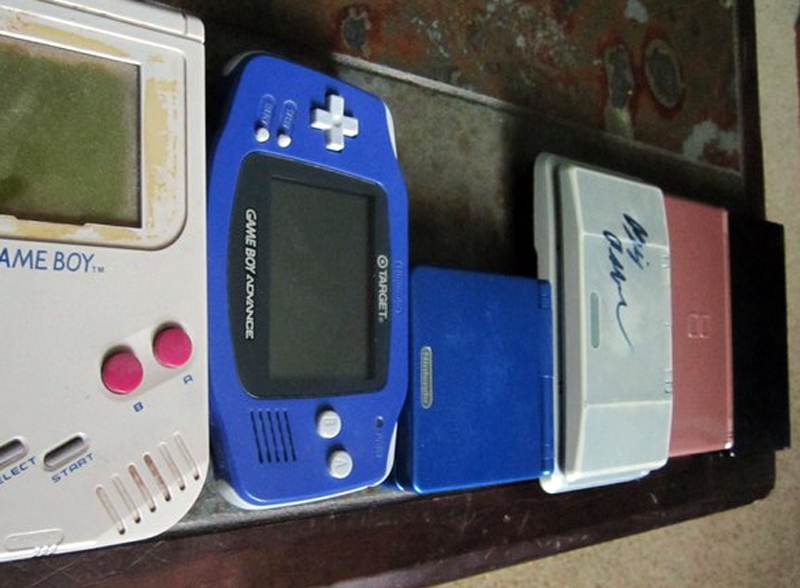
Portable consoles have had a very crowded and cluttered history. Spanning generations, these computing devices have always been subject of accessibility and fascination for the general public, however few have actually latched on as profitable ventures for companies.
Nintendo's assortment of on the go gaming has been nothing short of a resounding success, Sony PSP brand has also gotten wide popularity, but for every one of these consoles that make it in the handheld industry, many fail miserably trying to replicate their winnings. Lets go in depth for why a large number of these portable devices have bitten the dust.
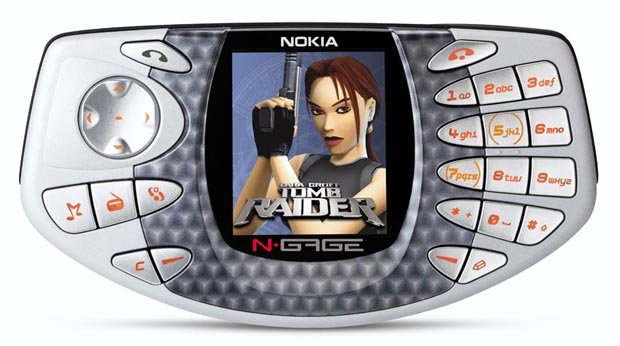
Appealing towards an absurd amount of different markets
Albeit interesting in their designs, hybrids such as the N-Gage bombed for the simple reason of appealing to a large quantity of different consumer bases, and being sub-par in every categorize as a result.
Is it a phone? Does It play games? It does everything in fact, but actually delivers mediocrity in all of its performances as the product does not have a direct goal to accomplish. With a lack of focus due to too many demographics to appease, we get a shallow experience on a mutated system that doesn't no what It wants to be, leaving a mess that no one wants to buy.
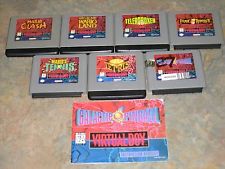
Lack of engrossing titles
Can you name one killer app that made its way on the Virtual Boy? How about the Atari Lynx? The Game.Com perhaps? No? Well that's what was missing from all these commercial disasters, the apparent mascot, or even a supplied library of games, all of that was mia when venturing over to these systems. Its kindergarten logic, if you don't have GAMES to play on your GAME console, its not going to pan out to become a successful investment.
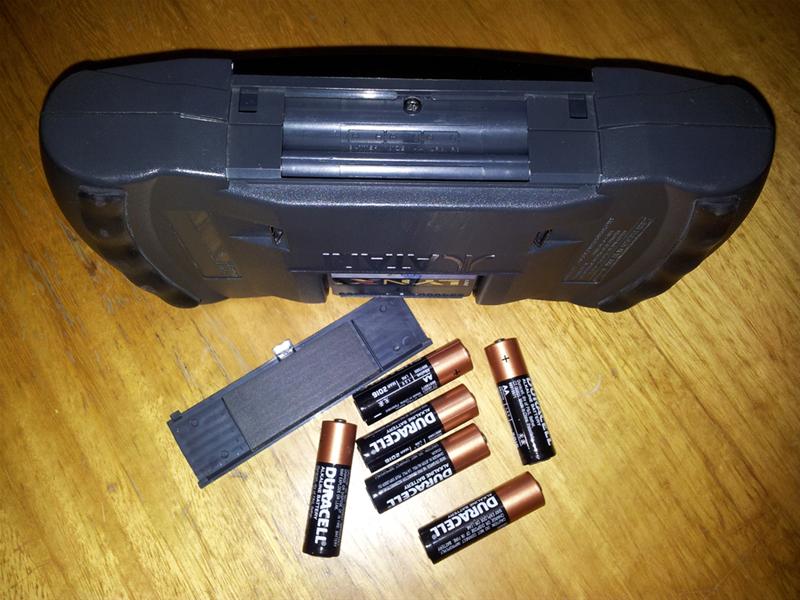
Implementing really dumb design choices
While the Gameboy could go a monumental 35 hours on a mere 4 batteries, power guzzlers such as Atari Lynx and Sega Game Gear used a monstrous amount of Double A's and displayed statistics like 6 batteries for 4 hours of gameplay, effectively making them costly and inconvenient to maintain.
To top it off, these consoles displayed a gigantic, bulky figure, something that swayed the consumers opinion of the product in a negative light, especially when looking at the compact build of Nintendo's pocket console.
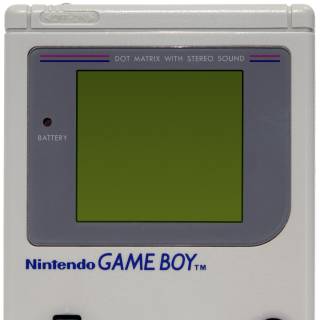
Failing to realize beefy internals does not automatically sell units
The most fatal flaw that really nailed in the coffin for these systems was how they put processing power over a quaint design. Handhelds were actually appealing were the systems with a wide array of simplistic philosophies and great array of games. Convenience comes to mind with the most successful portable consoles, something that not even the most impressive specs can overcome.
With all the flash of some systems, boasting about their superior graphic chips and peripherals, not one of them would hold a candle to what actually sell a system, a supreme amount of knowledge and care about the customers wants and desires, something reputable companies like Nintendo and Sony have addressed and because of it, have thrived in the industry.
The future of mobile gaming
Not only are the current handheld powerhouses going to continue creating amazing titles and listen to the customers demands, but they are also going to push the boundary of what's possible to experience on the go simultaneously. Cross play between devices is becoming a regular occurrence, allowing PlayStation consoles to be transferable onto the PS Vita for example, similar to how the Nvidia Shield uses certain GForce GTX based PCs to run powerful games such as Skyrim as well.
We are going to enter a realm of gaming in which extraordinary games won't be confined to your computer monitor or television screen, but in your pocket, ready to go. Handhelds have come along way in style and innovation, and they show no signs of stopping their extraordinary evolution of quality.






Published: Apr 5, 2014 01:01 pm